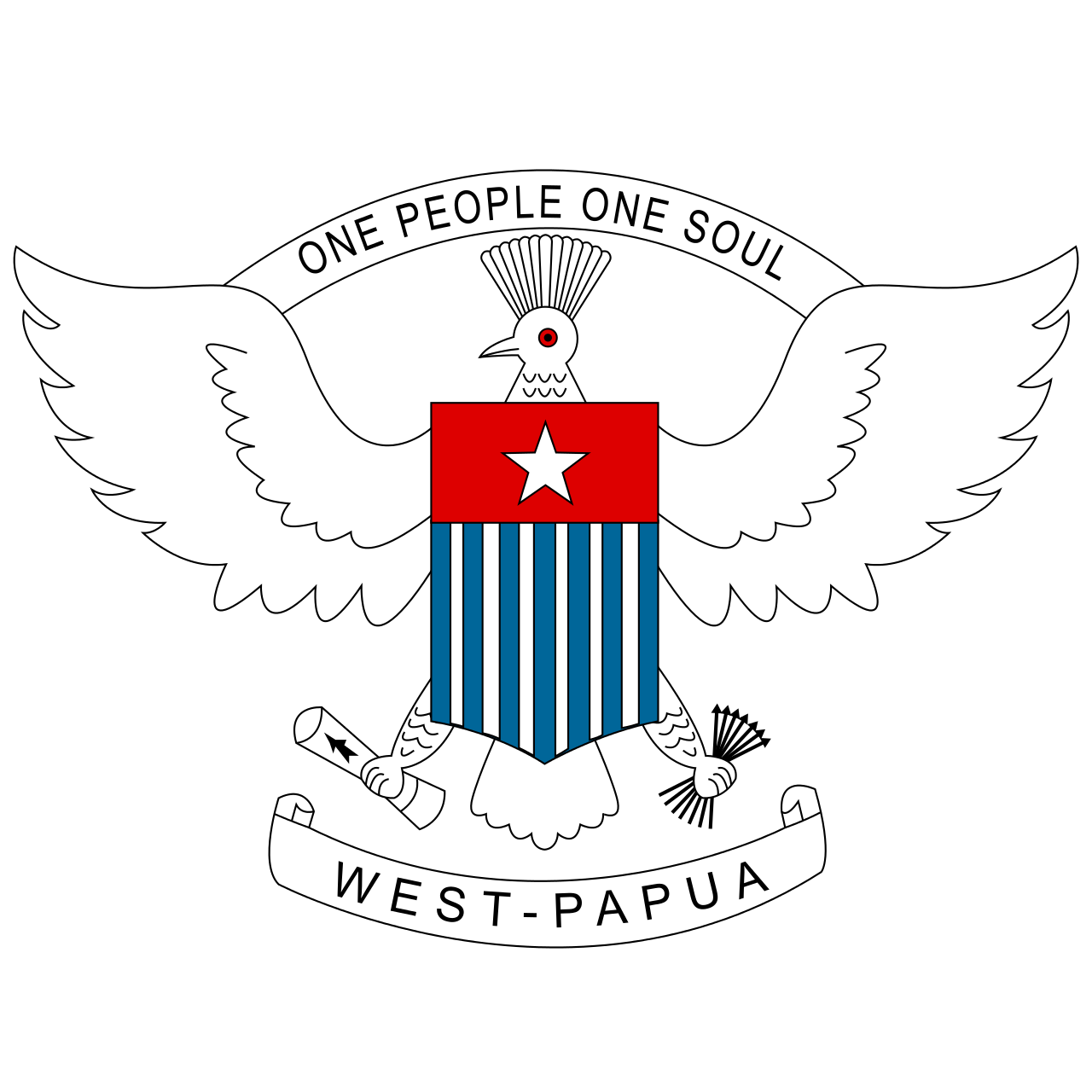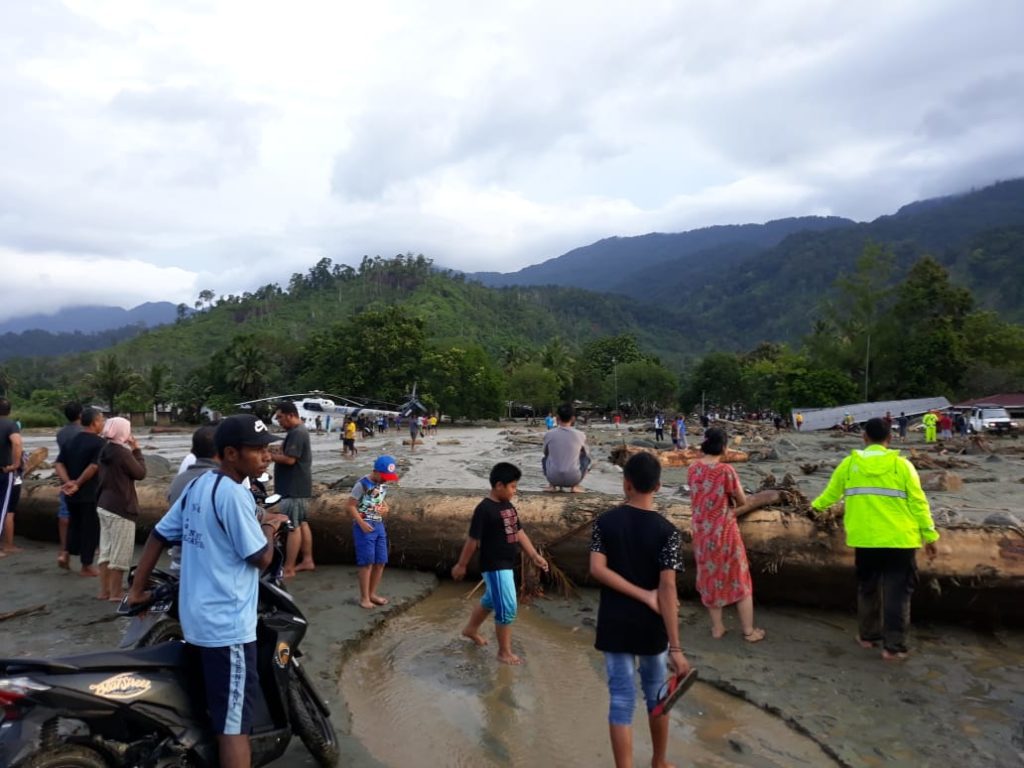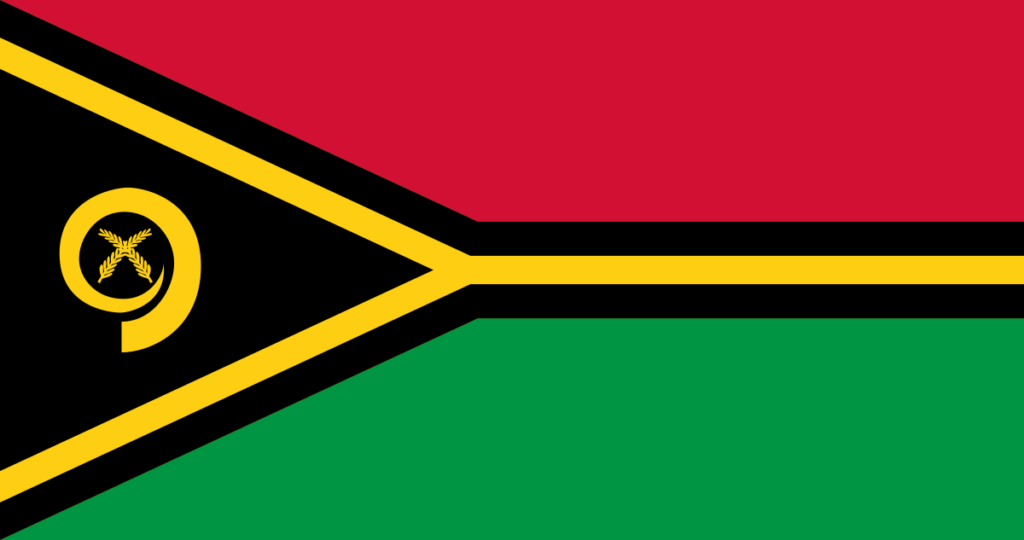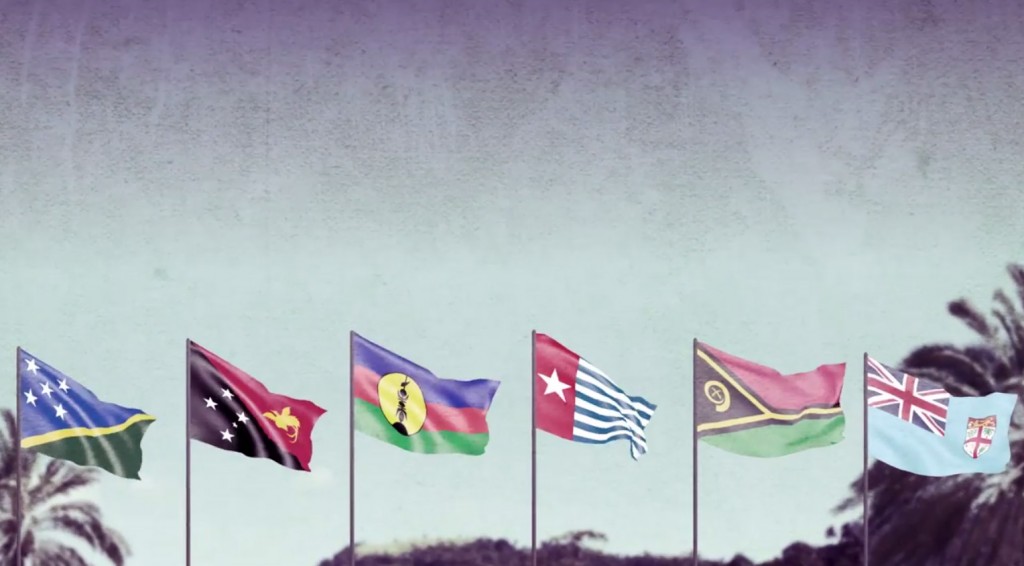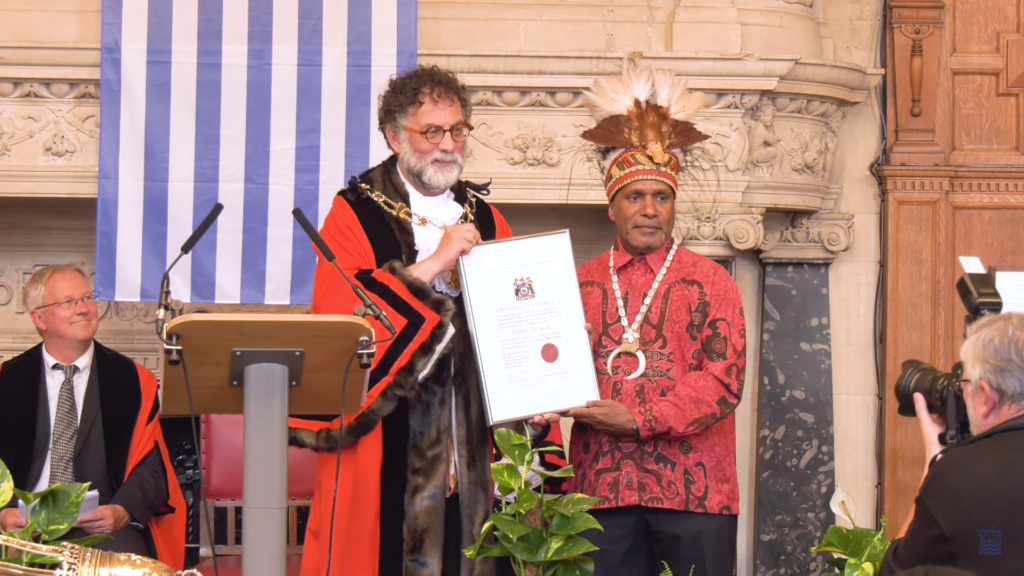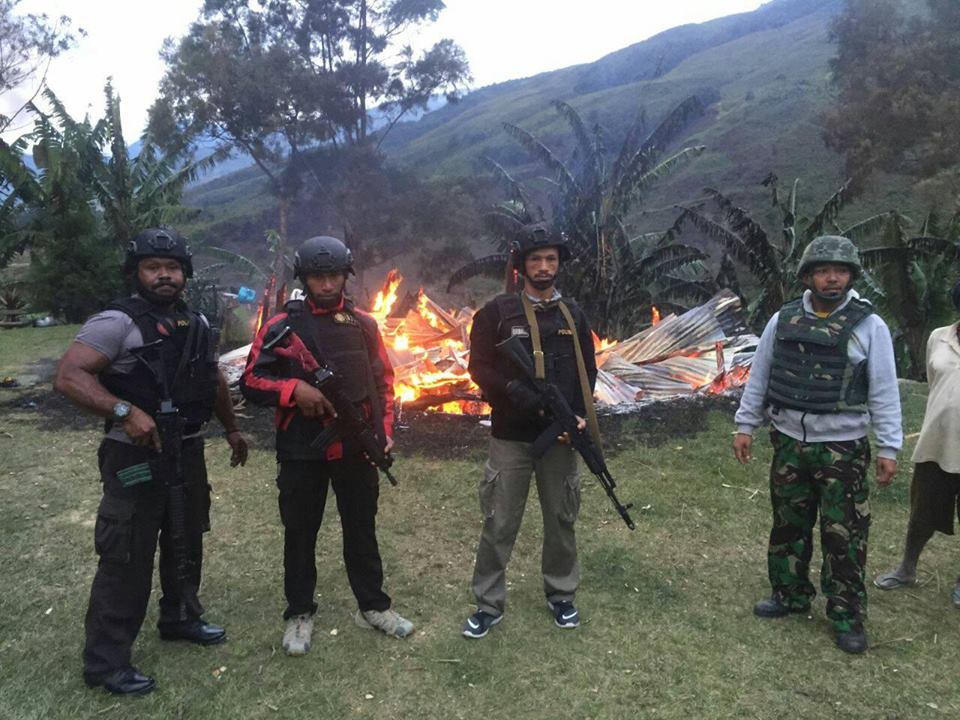The 2019 U.S. State Department human rights report has detailed a litany of abuses committed by the occupying Indonesian state against people of West Papua. Arrests of self-determination advocates, intimidation of the press and racism against Indigenous West Papuans were only some of the issues documented in the report.
The U.S. State Department, the head of U.S. diplomatic activities responsible for monitoring human rights issues world-wide, noted ‘reports of police temporarily detaining persons for participating in peaceful demonstrations and other nonviolent activities advocating self-determination, notably in the provinces of Papua and West Papua’.
One particular case the State Department recorded was that of National Committee for West Papua (Komite Nasional Papua Barat – KNPB) activist Yanto Awerkion, jailed for 10 months in 2017, the report details, ‘for involvement in organizing an event […] to collect Papuan signatures calling for a referendum on Papuan independence’. This petition garnered 1.8 million hand-signatures and was handed to the UN High Commissioner for Human Rights in January 2019. Yanto was re-arrested in a recent raid and he is again behind bars today.
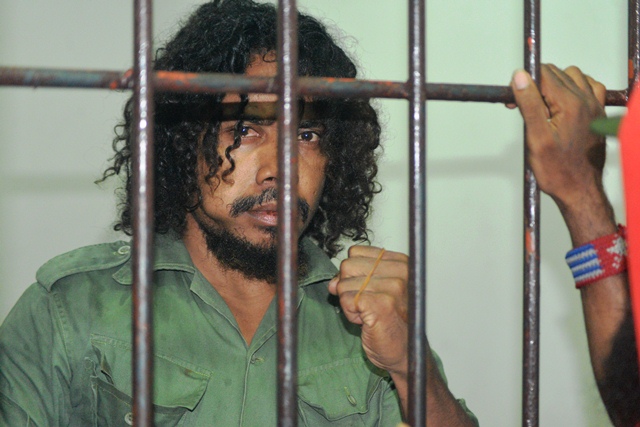
Yanto Awerkion behind bars in November 22, 2017
The report documents numerous crack-downs on freedom of expression: Suara Papua, an online news source, for example, was ‘blocked in 2016 for unspecified “negative content,”‘ and the State Department noted that ‘a government regulation prohibits the display of the Morning Star flag in Papua’.
Indonesian governmental attacks on the right to freedom of expression for the Papuan Students Alliance, KNPB, the United Liberation Movement for West Papua (ULMWP), and the Free Papua Movement are all recorded in the report.
NGOs operating in West Papua are subjected to governmental ‘monitoring, harassment, interference, threats, and intimidation’, and ‘activists received threatening phone messages and reported continuous harassment by local police’, according to the report.
At one point the U.S. State Department details severe and widespread violations of the cultural, social and economic rights of Indigenous West Papuans:
Indigenous persons, most notably in Papua and West Papua, were subject to discrimination, and there was little improvement in respecting their traditional land rights. Mining and logging activities, many of them illegal, posed significant social, economic, logistical, and legal problems to indigenous communities. The government failed to prevent companies, often in collusion with the local military and police, from encroaching on indigenous peoples’ land. Melanesians in Papua, who were mostly Christians, cited endemic racism and discrimination as drivers of violence and economic inequality in the region.
The report, coming from an international ally of Indonesia which has long backed Indonesia’s colonial occupation, provides more compelling evidence of the genocide being waged against the land and people of West Papua.
The report can be read in full here.
